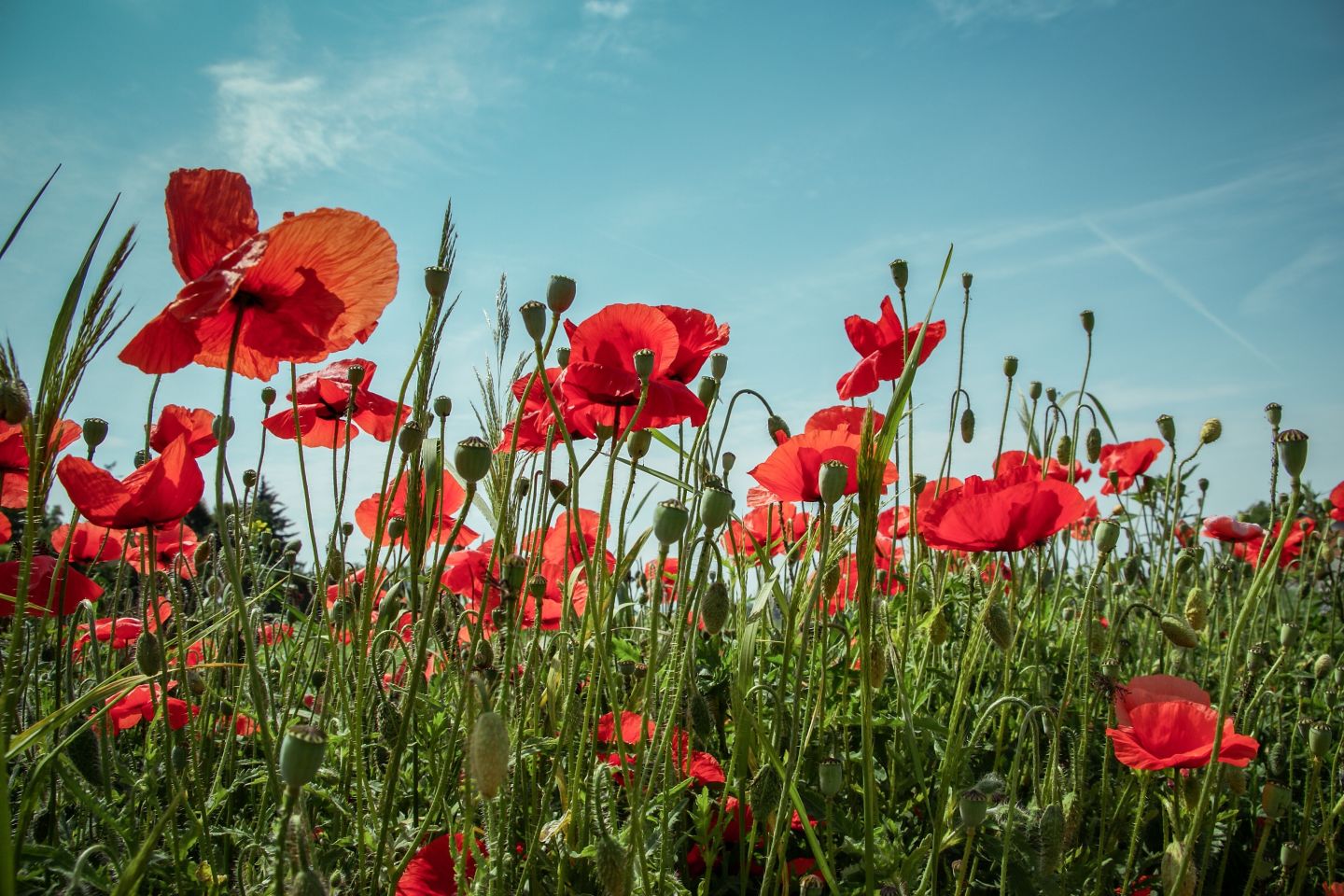Anzac Day: Lest we forget
Why Australians of all generations should pause for thought on Friday, 25 April.

How to watch the service
While Gallipoli is at the centre of remembrance on Anzac Day, services will be held on 25 April in towns and cities across the nation and in countries where there is a significant Australian and New Zealand population.
The RSL has some information here and if you are planning an Anzac Day event, the Department of Veterans’ Affairs has a guide here.
At the Australian War Memorial in Canberra, the Dawn Service will begin at 5.30am AEST. The Commemorative address will be delivered by the Deputy Chief of Navy, Rear Admiral Matt Buckley AM CSC RAN.It will be broadcast live on ABC TV + iView.
Though the original Anzacs who landed at Gallipoli in 1915 are long gone, Anzac Day remains one of the most significant dates on the Australian calendar.
It is a solemn occasion, not just to honour those involved in the Gallipoli campaign, but to remember all Australians who have served in conflicts.
It is not a celebration of war but a time for reflection – on sacrifice, courage, and the profound ways in which war has shaped our nation and its people.
Anzac Day is a powerful reminder of the costs of war, both on the battlefield and at home.
The stories of the Anzacs – the young men who fought in a distant land under unimaginable conditions – still resonate because they embody values that Australians hold dear: mateship, endurance, and resilience.
These qualities were not confined to Gallipoli; they were demonstrated in later wars, from the trenches of the Western Front to the jungles of Vietnam and the deserts of Afghanistan. Every generation of service personnel has contributed to the nation’s history, often at great personal cost.
While Anzac Day is relevant to all Australians, it holds particular significance for older generations.
Many have personal connections to wartime experiences, whether through family members who served, their own memories of national service, or the long shadow that conflicts cast over the 20th century.
For those who lived through the Second World War, Korea, Vietnam, or the Cold War era, Anzac Day is a time of personal reflection as well as national commemoration. It is a day to remember lost comrades, and honour those who returned but whose lives were forever changed.
For younger Australians, Anzac Day is an opportunity to learn about the past and connect with the stories that have shaped modern Australia. Schools and community groups ensure that the legacy of the Anzacs is passed down, fostering an understanding that history is not just found in textbooks but in the lived experiences of those who came before.
The dawn services and marches provide a moment of unity across generations, a rare occasion when the past and present come together in quiet reverence.
Anzac Day endures because it speaks to something fundamental in the Australian character: a respect for those who serve and a commitment to remembering the lessons of history.
While the original Anzacs may no longer be with us, their legacy remains a guiding force, ensuring that we never forget the cost of war or the values that emerged from it.





